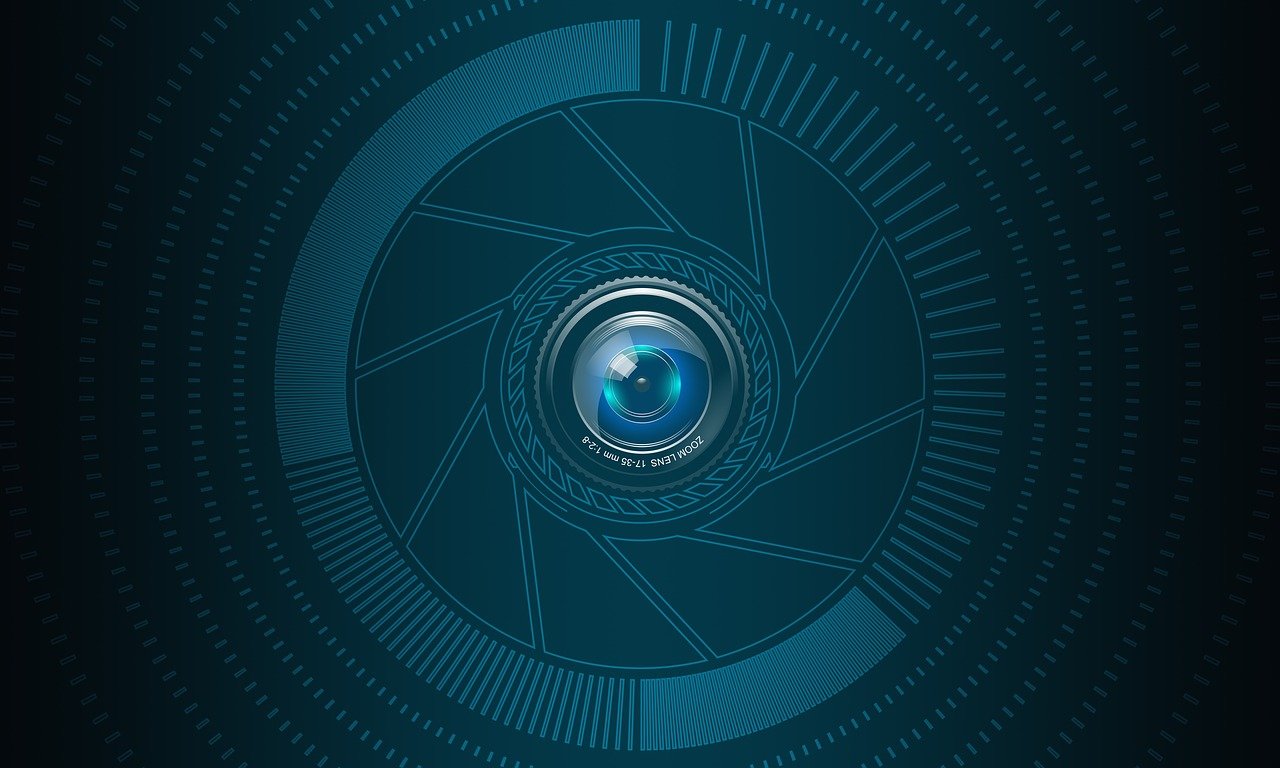What’s the news: After CCTV, the Uttar Pradesh government is planning to use facial recognition technology to catch cheaters in the State Public Service Commission (UPPSC) exam and the Preliminary Eligibility Test, reported Hindustan Times on October 18, 2023.
Durga Shankar Mishra, Chief Secretary to the State, stressed the need to adopt an AI-based face recognition system during a video conference with officials. He further asked that FIRs be then lodged against the individuals who are detected through the system, said the report.
As mentioned before, Uttar Pradesh like many other states in India is warming up to the idea of using surveillance technology to monitor examination halls. In February 2023, the state government said it would use around three lakh CCTV cameras in about 1.43 lakh examination rooms of all centres to prevent cheating. Now, on top of this, the applicant’s biometric data will be collected as well, raising the oft-repeated question of – where will this data be stored? For how long will this data be stored?
Why it matters: Unlike in February, India now has the Digital Personal Data Protection Act, 2023 which explicitly says an entity must ask for informed and voluntary consent from a data principal before collecting and processing the personal data. However, here Mishra wants to enforce facial recognition as a preventive measure meaning it will be applicable to all. So, how will the state government ensure consent-based collection of data as per the data protection law in India?
Is this the first time facial recognition is used in exams?
Unfortunately, no. In 2022, the Telangana government issued a tender for 1.07 lakh CCTVs and 43,400 biometric devices to capture the fingerprint, iris, and facial data of around 25.80 lakh Telangana Public Service Commission aspirants.
Similarly, in 2021, the National Testing Agency (NTA), an Indian government agency tasked with conducting entrance examinations for higher education, said it planned to use facial recognition to verify applicants attempting the exam online. In this particular case, there was also the added concern of the NTA gathering data on minors.
With no substantive pushback against such surveillance, the government continues to use CCTVs, biometric verification and sometimes internet shutdown in the name of exams.
STAY ON TOP OF TECH NEWS: Our daily newsletter with the top story of the day from MediaNama, delivered to your inbox before 9 AM. Click here to sign up today!
Also Read:
- Uttar Pradesh Jumps The Trend Of CCTV Monitoring For School Exams
- Soon, Telangana’s Aspiring Civil Servants Must Provide Biometrics For Recruitment Exams
- Supreme Court Issues Notice To The Indian Government In Plea Challenging Internet Shutdowns For Exams
- 1 Lakh CCTVs At 4,000 Centers With Facial Recognition: National Testing Agency Expands Surveillance Of JEE, NEET Exams































